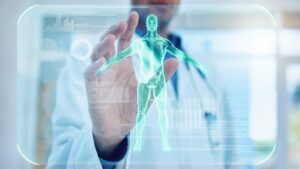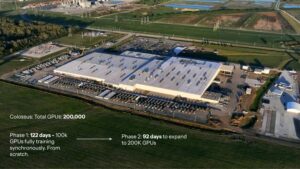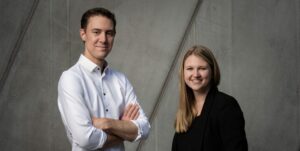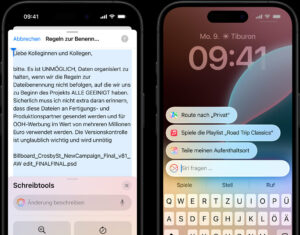BMW is about to launch its first hydrogen car in 2028
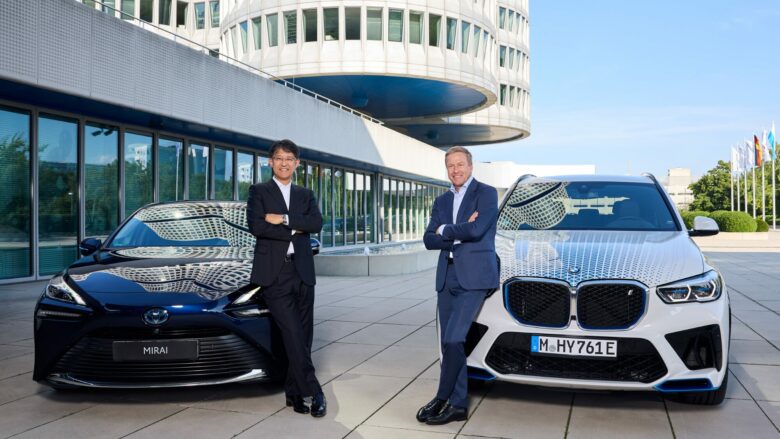
BMW and Toyota will deepen their long-standing cooperation: the Munich-based carmaker and the Japanese automotive giant will jointly launch the next generation of hydrogen fuel cells. What BMW boss Oliver Zipse hopes to achieve: significant progress in terms of costs and range.
BMW´s first hydrogen car in production from 2028
BMW’s first hydrogen car is set to hit the market in 2028 and will be 100 percent emission-free, as BMW CEO Oliver Zipse and Toyota CEO Koji Sato jointly announced. Over the next four years, the two car manufacturers want to reduce production costs by half and increase the range of the hydrogen drive by 20 percent.
This means that customers will soon have the choice between five different drive options: electric cars such as the BMW i5, plug-in hybrids, petrol and diesel vehicles, and then vehicles with hydrogen fuel cells. The greatest strength of the new development is said to be its fast charging capability. Unlike electric cars, hydrogen cars can be fully recharged within a few minutes.
Poorly developed hydrogen filling station network
However, the two types of cars of the future share one problem: the poorly developed infrastructure. The hydrogen filling station network in countries such as Germany and Austria is currently “manageable”. According to the filling station directory, there are currently five public filling stations in Austria where vehicles can be filled with hydrogen – all operated by OMV. However, the market for hydrogen trucks and buses is growing – there are plans to build a nationwide network for trucks anyway. There is therefore hope that the infrastructure for all vehicles will continue to grow in the coming years. BMW and Toyota want to contribute to this themselves – they have announced that they will specifically support corresponding filling station projects.
BMW sees hydrogen fuel cell as second pillar
A BMW model that runs exclusively on hydrogen, i.e. a fuel cell electric vehicle (FCEV), is not planned. Rather, the new hydrogen car will be an additional drive option that can alternatively be combined with other drives. BMW has not yet revealed which additional model will be produced including hydrogen fuel cells. And Toyota will also produce a hydrogen series vehicle in the passenger car segment. As far as commercial vehicles in Japan are concerned, the demand for clean hydrogen drives is already very high. At the end of 2023, a total of 166 hydrogen filling stations were in operation in Japan.
‘Multi-pathway’ approach to climate neutrality
Even though no pure hydrogen model is currently planned, BMW boss Zipse spoke of a “milestone in automotive history“. The project will “usher in an era with considerable demand for fuel cell electric vehicles.” Koji Sato, Managing Director of Toyota Motor Corporation, emphasized that both Toyota and BMW are characterized by their “technology openness” and both believe in the “multi-pathway” approach to climate neutrality.













